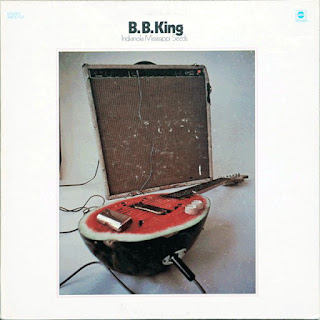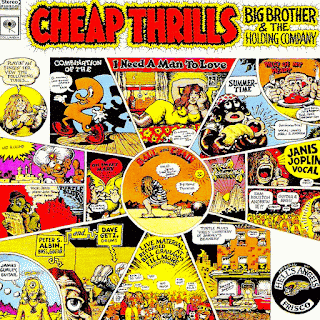Greatest Hits:(1971)
While so many bands in the 1960s tried to sound like some versions of the Beatles or The Stones, there were a contingent of bands that truly had an original voice, and none was more original than the Kinks. From slashed speakers bring us some of the first distorted guitar tones, to verbal and physical fights within the band, they couldn't have been more Rock'n'Roll. To top it all off you have an amazing songwriter like Ray Davies fronting the whole outfit. While I don't have it on vinyl, my favorite Kinks song is Apeman, so I'm going to go ahead and leave it here...



















































